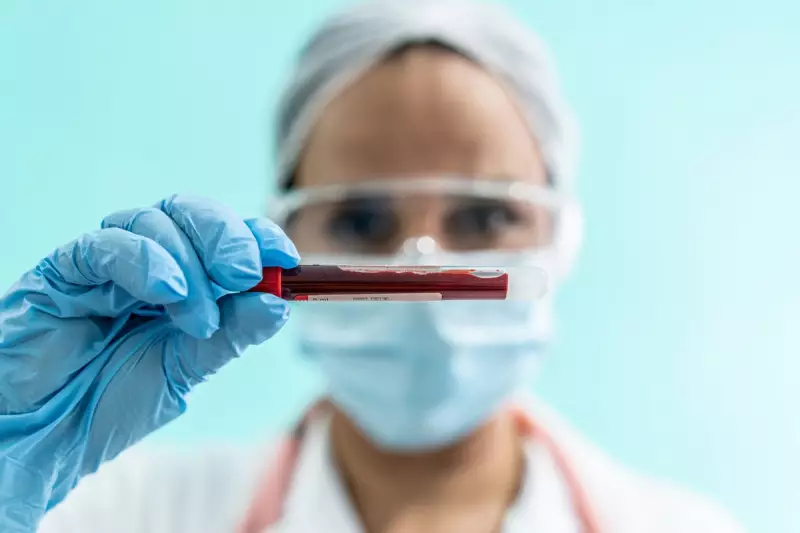
In a revolutionary development that could transform cancer treatment, scientists from the University of Cambridge have achieved what was once thought impossible: creating functioning blood stem cells in a laboratory setting.
A Medical Game-Changer
This pioneering research, conducted at the University of Cambridge's Department of Haematology, represents a significant leap forward in regenerative medicine. The team has successfully generated blood stem cells from human pluripotent stem cells, opening up unprecedented possibilities for treating blood cancers and disorders.
Transforming Leukaemia Treatment
The implications for leukaemia patients are particularly profound. Currently, bone marrow transplants require perfect donor matches, and many patients struggle to find suitable donors. This breakthrough could eliminate the dependency on donors entirely, creating personalised treatments using a patient's own cells.
Key advantages include:
- No more donor matching complications
- Reduced risk of rejection
- Unlimited supply of stem cells
- Potential for treating various blood disorders
The Science Behind the Breakthrough
Researchers employed innovative techniques to reprogramme human pluripotent stem cells, guiding them to develop into blood stem cells capable of producing all blood cell types. This process mimics natural blood cell development but in a controlled laboratory environment.
The successful creation of these cells marks the culmination of decades of research and could dramatically reduce waiting times for life-saving treatments.
Future Applications and Next Steps
While clinical applications are still on the horizon, the research team is optimistic about rapid progress. The technology could eventually benefit not only leukaemia patients but also those suffering from anaemia, immune deficiencies, and genetic blood disorders.
This Cambridge-led innovation reinforces the UK's position at the forefront of medical research and offers new hope for thousands of patients awaiting bone marrow transplants nationwide.





